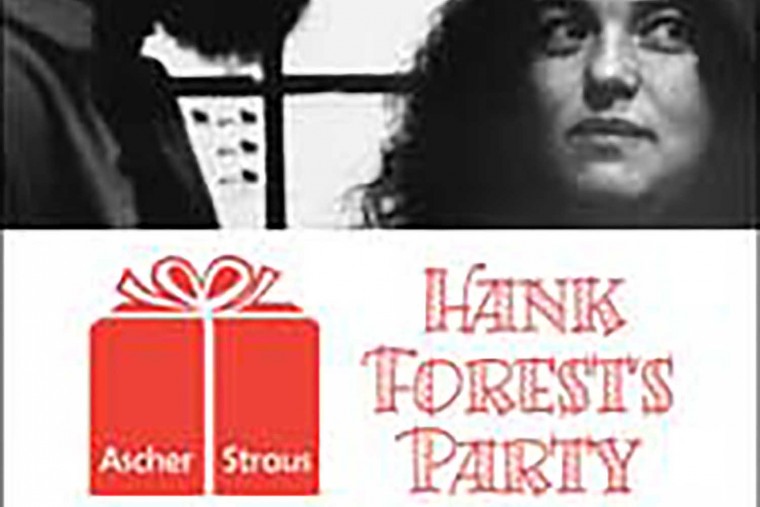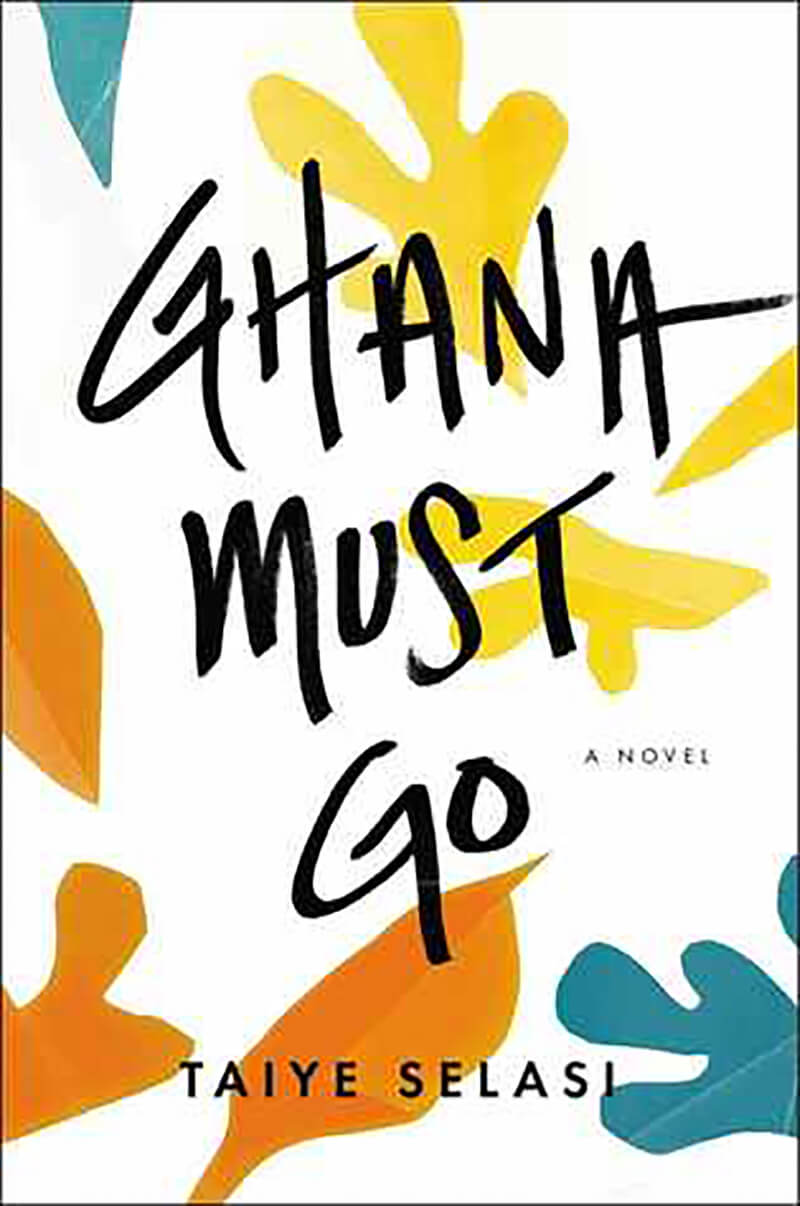
Review
Little (Flash) Plays: A Review of Blur
By Dan Crawley
Cowboy Jamboree Press
ISBN: 8393434274
Review by Valerie Fox
The flash fiction in Dan Crawley’s latest collection, Blur, seamlessly goes back and forth between his characters’ pasts and presents, between calm and storm. At the same time that the stories are focused on in-the-moment dialogue, they also reach back into their narrator’s memories, creating subtle effects (of irony and emphasis and more). It’s quite a feat, with the separate stories taking turns even using present and past tenses, which keeps us attentive and immersed in this set. While characters sometimes have their common traits, the flashes are always sharply delineated from each other.
Punctuating the shorter pieces are several longer stories that, while still brief, allow space for developing additional characters. In “Today is the Day,” the stories of two solo parents crisscross on a similar path, including on the tracks at an amusement park roller coaster. The narrator-father, who can’t help but overhear a woman’s extremely difficult conversation with her son, recalls a comparable circumstance with his own daughter. And while we’re left hanging, in some respects, there’s a sense that things probably will turn out okay for the mother and boy, but not without some setbacks and sadness.
Many stories in Blur revolve around caring and care-giving challenges and sometimes feature characters in helping professions. Some are caring for elders, for instance, the narrators of “The Word is Diversity” and “This Goes On and On.” In “Big Dog,” a healthcare worker deals with the traumas of working in the COVID-19 era. In “Ashwagandha,” a character with a disability, Chet, tries to help his brother overcome “his blueness.”
Lea, a stressed-out first grade teacher in “Las Cruces,” is in need of care herself but doesn’t want to hear what her partner has to offer. She finds herself unable to easily accept help from others but instinctively plots an escape by taking a strange road trip following a chance encounter.
As in The Wind, It Swirls, Crawley’s book of short stories (2021), stories in Blur would have us examine those who are on the margins due to hardship and neglect: the family enduring a home foreclosure (“Stray”), a college kid who is skeptical about and rather frightened by his extended family’s decidedly odd, old-time religion (“Uncle Sam”), someone struggling with addiction (“Coyotes”). Without community, family, or safety net, the question is implicit, what will become of so many of us? If the recent book feels a little less dark than The Wind, It Swirls, the at times light touch, especially in the portrayal of childhood, might explain that.
In a recent interview with New Flash Fiction Review, Crawley mentions how he loves having characters “talking to each other to not only reveal themselves but also the conflicts of the story,” and also how some of his stories start as “little plays in my mind.” This theatricality comes across in “General Principles,” in which brothers play war, their urgency coming across in their kidspeak and war movie slang, like “Sneak attack,” which they tap out using an invented “indecipherable to their enemies” code. And, in the climactic moments, “…we’ll commandeer the medals, those shoulder pads with all the strings, like they did in the movie last night.” The broader context here is the threat of the boys’ disturbed and potentially violent father as well as the non-presence of their checked-out mother. Crawley’s naturalistic scenes do not over-explain, though, so we tend to experience a gradual understanding of the characters and their predicaments.
Some child or child-like characters, particularly, come off as charming and are certainly treated with respect. They seem to have the potential to escape being stuck in a world that is uncaring, or in which they simply don’t fit in. Michael Webster, in “The Screen Porch,” makes a dangerous journey during an epic storm and ends up showing his teacher (the story’s narrator) that he is more than just a middle school bully, specifically, that he knows when he is “acting up.” By giving characters like Michael Webster a chance to tell their side of things, Crawley helps us to imagine, at least for some characters in Blur, an interesting or contented future.
About the Author
 Valerie Fox has won The Phare’s WriteWords competition (for flash), and her stories have appeared in the Best Microfiction and Best Small Fictions anthologies. She has published numerous books of poetry, including The Rorschach Factory (Straw Gate Books) and Insomniatic (PS Books). She has published writing in Juked, Across the Margins, Ellipsis, Painted Bride Quarterly, Reflex, West Branch, Literary Orphans, Cleaver, and many other journals. Much interested in collaboration with visual artist Jacklynn Niemiec, she created The Real Sky, a handmade book in an edition of 26. She co-wrote Poems for the Writing: Prompts for Poets with Lynn Levin. You can read more of her work at her wiki.
Valerie Fox has won The Phare’s WriteWords competition (for flash), and her stories have appeared in the Best Microfiction and Best Small Fictions anthologies. She has published numerous books of poetry, including The Rorschach Factory (Straw Gate Books) and Insomniatic (PS Books). She has published writing in Juked, Across the Margins, Ellipsis, Painted Bride Quarterly, Reflex, West Branch, Literary Orphans, Cleaver, and many other journals. Much interested in collaboration with visual artist Jacklynn Niemiec, she created The Real Sky, a handmade book in an edition of 26. She co-wrote Poems for the Writing: Prompts for Poets with Lynn Levin. You can read more of her work at her wiki.



